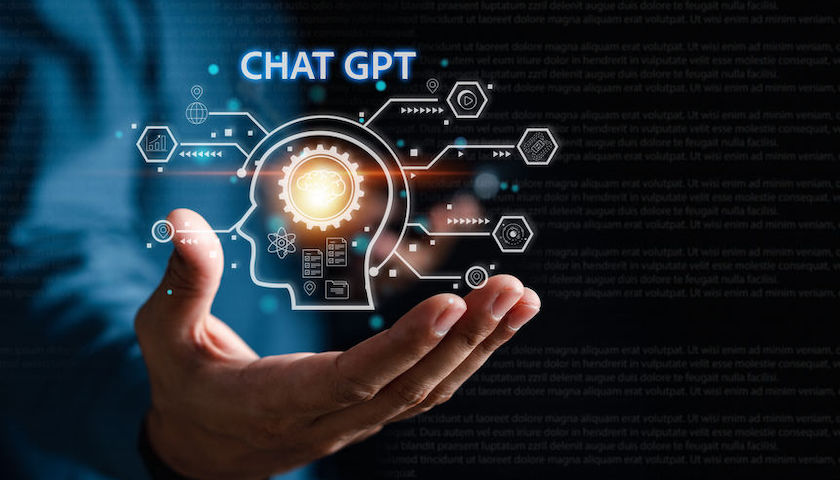The Disadvantages of ChatGPT: A Balanced Perspective

As artificial intelligence continues to shape our digital interactions, tools like ChatGPT are at the forefront of this revolution. While ChatGPT has undeniable advantages—such as generating content, answering queries, and automating tasks—it also has its fair share of disadvantages that users should consider. Here’s a closer look at some of the downsides of using ChatGPT.
Join PSU Connect on WhatsApp now for quick updates! Click here
 Read Also : Dr. Hemant Sharad Pande assumes charge as Director (Personnel) of Western Coalfields Limited
Read Also : Dr. Hemant Sharad Pande assumes charge as Director (Personnel) of Western Coalfields Limited
1. Lack of Contextual Understanding
One of the primary challenges with ChatGPT is its limited contextual understanding. While it excels at generating text based on patterns, it often struggles to grasp nuances, cultural references, or the deeper context of a conversation. This can lead to:
Irrelevant or nonsensical responses.
Misinterpretation of user intent.
Inability to provide meaningful insights on complex or subjective topics.
2. Misinformation and Inaccuracies
ChatGPT generates responses based on the data it was trained on, which means it can produce:
Factually incorrect information.
Outdated knowledge, as its training data only goes up to a certain point.
Confident-sounding but misleading or false statements.
This can be particularly problematic when users rely on ChatGPT for critical information, such as medical advice or financial guidance.
3. Ethical Concerns and Bias
AI models like ChatGPT are trained on vast datasets from the internet, which may include biased, harmful, or inappropriate content. As a result, ChatGPT can:
Reflect and perpetuate biases present in its training data.
Generate content that is offensive or discriminatory.
Struggle to navigate sensitive topics appropriately.
This raises ethical questions about AI accountability and its potential societal impact.
4. Dependence on AI and Loss of Human Skills
The convenience of ChatGPT may lead to an over-reliance on AI for tasks that traditionally required human effort, such as:
Creative writing or brainstorming.
Problem-solving and critical thinking.
Communication and interpersonal skills.
Excessive dependence on AI tools could diminish human creativity and expertise over time.
5. Privacy and Security Concerns
Using ChatGPT often involves sharing sensitive information. While developers strive to protect user data, risks remain, such as:
Data breaches or misuse of user inputs.
Lack of transparency regarding data handling practices.
Potential exploitation of user data for training future AI models.
Users should exercise caution and avoid sharing personal or confidential information with AI tools.
6. Limited Domain Expertise
Although ChatGPT can simulate expertise in various fields, it is not a replacement for domain experts. It lacks the depth and reliability of specialized knowledge, making it unsuitable for:
Technical or highly specialized queries.
Situations requiring nuanced judgment or expertise.
Tasks demanding original research or critical analysis.
7. Resource Intensive
Developing and running AI models like ChatGPT requires significant computational power, which has:
Environmental impacts due to high energy consumption.
High operational costs, potentially limiting access to advanced features for users.
Final Thoughts
While ChatGPT is a powerful tool with numerous applications, it’s essential to understand its limitations. Recognizing the disadvantages can help users make informed decisions about when and how to use this technology. As AI continues to evolve, addressing these challenges will be crucial to ensuring its responsible and ethical integration into our lives.
Read Also : JK Cement Ltd enters into a Joint Venture Agreement with Saifco Cements Private Limited